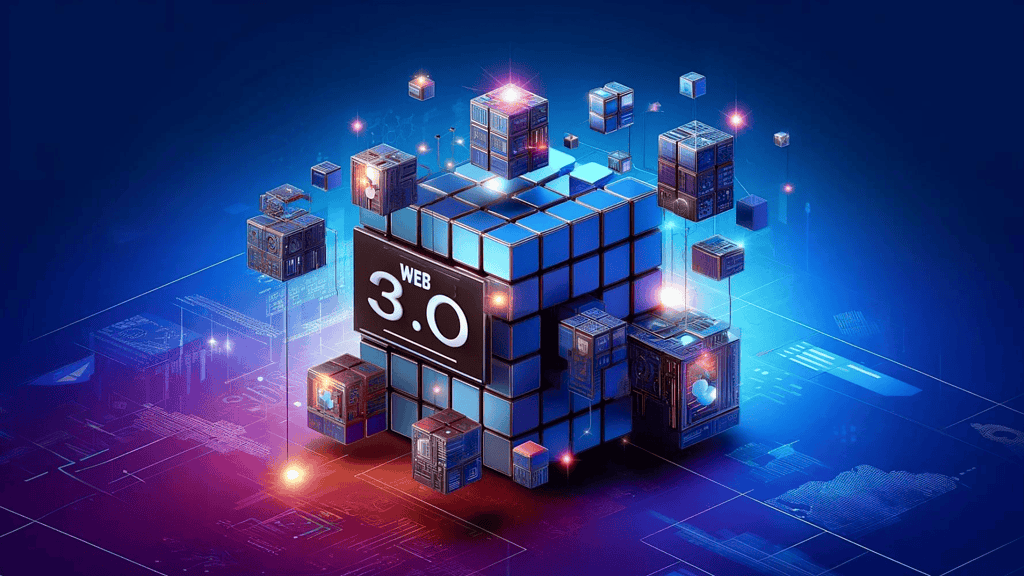Web3 Identity: Self-Sovereign Digital ID’s
Reading time: 3 minutes
Web3 identity and self-sovereign digital IDs are reshaping the way we manage personal information online. In the Web2 era, identity management is typically centralized, with various organizations controlling and storing user data. This centralized model is fraught with risks, including data breaches, identity theft, and a lack of user control over personal information. Web3 identity, built on blockchain technology, offers a revolutionary alternative: self-sovereign digital IDs.
Self-sovereign digital IDs empower individuals to control their own identities. Instead of relying on centralized authorities, users can create, manage, and authenticate their identities through decentralized networks. This shift grants users full ownership of their personal data, allowing them to decide what information to share and with whom, significantly enhancing privacy and security.

At the core of self-sovereign digital IDs is the principle of decentralization. Blockchain technology provides a secure and transparent platform for managing identities. Each identity is represented by a unique cryptographic key, which the user controls. When users need to verify their identity, they can do so without revealing excessive personal information, ensuring privacy and reducing the risk of data exposure.
One of the primary benefits of self-sovereign digital IDs is enhanced security. Traditional identity systems are vulnerable to data breaches and cyberattacks because they store large amounts of sensitive information in centralized databases. In contrast, self-sovereign IDs leverage blockchain’s distributed ledger technology, making it nearly impossible for hackers to compromise the entire system. Each transaction or verification is recorded on the blockchain, providing an immutable and transparent audit trail.
Another significant advantage is improved user experience. With self-sovereign digital IDs, users no longer need to remember multiple usernames and passwords for different services. A single digital identity can be used across various platforms, streamlining authentication processes and reducing friction.
Self-sovereign digital IDs also facilitate greater inclusivity. Many people around the world lack formal identification, limiting their access to essential services like banking and healthcare. By enabling secure and verifiable digital identities, Web3 identity systems can provide these individuals with access to critical services, fostering financial and social inclusion.
Despite their promise, self-sovereign digital IDs face challenges, including interoperability, regulatory acceptance, and user adoption. However, ongoing advancements in blockchain technology and increasing awareness of privacy issues are driving the development and acceptance of decentralized identity solutions.
In conclusion, Web3 identity and self-sovereign digital IDs offer a transformative approach to managing personal information. By granting individuals control over their identities and leveraging the security and transparency of blockchain technology, they provide a more secure, private, and user-friendly alternative to traditional identity systems. As technology evolves, self-sovereign digital IDs have the potential to revolutionize identity management and promote greater inclusivity worldwide. Explore what Owltek Solutions has to say about the transformative potential of Web 3.0 in the digital landscape.
**This post contains affiliate links, meaning I may earn a small commission if you make a purchase through one of them. Rest assured, I only recommend products I truly love. Your support helps keep my creative business thriving — thank you!**

